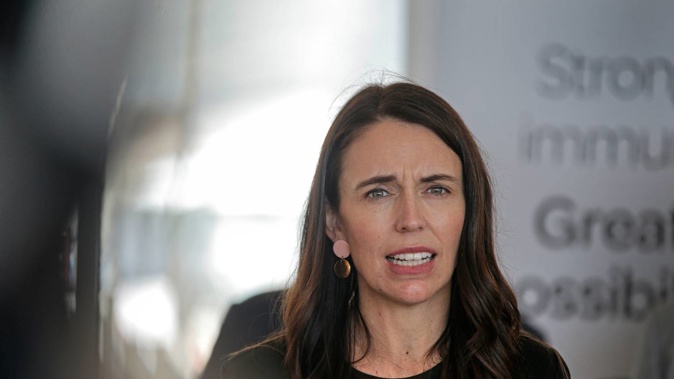
There were more new Covid cases yesterday than on any other day in the two-year pandemic, but one expert believes New Zealand can still flatten the outbreak's curve better than most other countries.
A record 243 people tested positive for the virus on Saturday, up from 209 on Friday.
It was also up on the previous record of 222 community cases set on November 16 last year at the height of the Delta outbreak.
With cases accelerating and Kiwis travelling for the Waitangi long weekend, health officials are repeatedly warning people to plan ahead.
Travel risked accelerating the speed of the outbreak and those identified as close contacts will likely be expected to stay put and isolate wherever they are, rather than immediately make their way home, the Ministry of Health said.
Otago University epidemiologist Professor Nick Wilson said Omicron case numbers are beginning the fast-paced dramatic rise seen in other countries.
Yet he still thought New Zealand is likely to have a less severe wave than Australia.
"That is good because that reduces the risk of the hospital system being overloaded and things like the supply chain disruptions they experienced."
It comes as the nation is transitioning to a phase of living with the Covid variant.
After two years of tight border restrictions and the threat of snap lockdowns, many pandemic weary Kiwis are looking to reconnect with the rest of the world as overseas travel soon becomes freer again.
But as restrictions ease, case numbers rise.
Wilson said the seven-day average of Covid cases in New Zealand is now doubling every four or so days and had taken off in the past week at a rate not seen during the Delta outbreak.
He said New Zealand is on a similar trajectory to Australian states – with the exception of Western Australia where the variant is yet to fully break out – except that it is likely to do slightly better at flattening the curve.
"Some of the Australian states had a very unfortunate 'let it rip' attitude, especially New South Wales and so at the start of the Omicron outbreak, they had minimal controls in place."
New Zealand by contrast has much better use of masks and its traffic light system in place, he said.

Prime Minister Jacinda Ardern opened a new vaccination centre at the Cloud in Tamaki Makaurau as the nation records a record high number of daily cases. Photo / Alex Burton
New Zealand also had higher full vaccination coverage among its population at the start of the Omicron outbreak compared to Australia along with a now growing number of booster shots in arms and 5-11-year-olds with vaccines.
He said if the nation is successful in flattening the curve, the Omicron outbreak may last a few weeks longer than in other places where it peaked faster.
However, that is a "very acceptable trade-off" because it is the outbreak's peak case numbers that present the highest risk to the health system and nation's supply chain, he said.
A lower peak of cases but longer outbreak is less likely to overwhelm hospitals with sick patients and force large numbers of workers into isolation as Covid contacts, he said.
Elsewhere, a convoy of truckers are hoping to follow the lead of a recent Canadian protest by driving to Wellington to call for an end to vaccine mandates and Covid restrictions, such as mask use.
Posters on Facebook said one convoy plans to leave from Cape Reinga in the nation's north today at 6.30am, while another leaves simultaneously from Bluff in the South Island.
They plan to meet in Wellington on Tuesday.
- by Ben Leahy, NZ Herald
Take your Radio, Podcasts and Music with you









